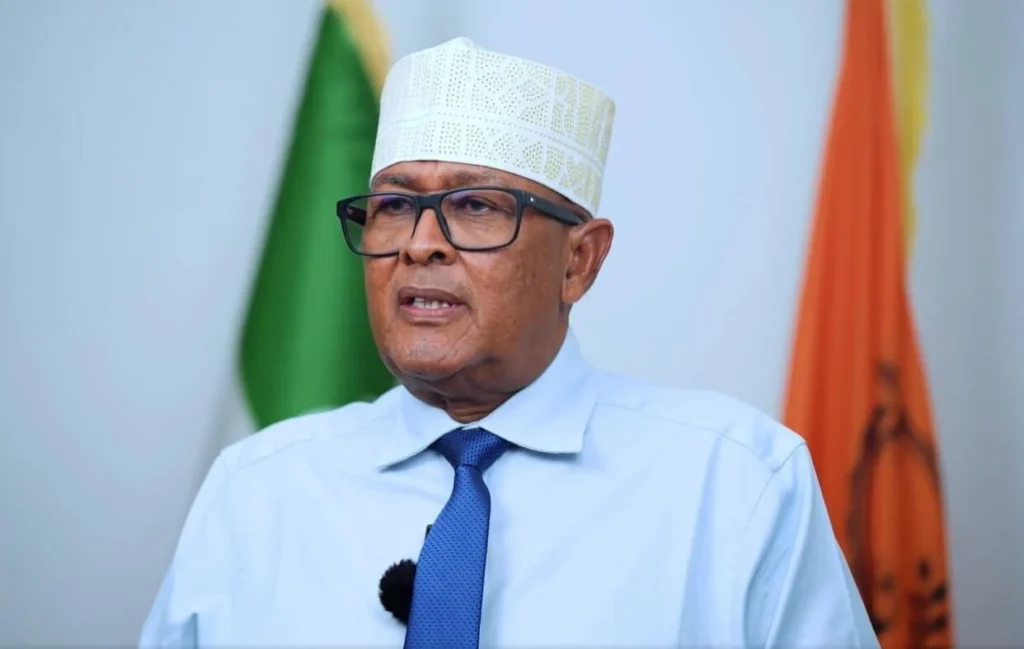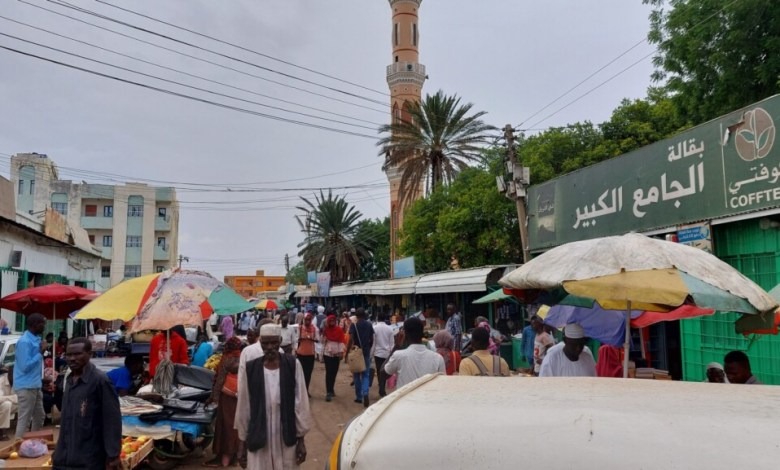
Uganda’s government announced plans to prioritize concessional loans and reduce commercial borrowing in the upcoming fiscal year to address concerns about the country’s growing public debt.
This shift in strategy comes after a recent credit rating downgrade by Moody’s and warnings from the central bank regarding constrained financing options.
Finance Minister Matia Kasaija revealed in his budget speech that Uganda’s total public debt stood at $24.7 billion at the end of 2023, with projections of reaching $25.7 billion by June’s end.
The increasing debt burden has raised concerns about debt sustainability, with debt service costs excluding domestic redemptions projected to consume 40.3% of domestic revenue next fiscal year, a significant jump from 33.4% in the current year.
Despite the growing debt, the Ugandan government maintains its stance that borrowing has fueled economic growth, exceeding the performance of many African nations post-pandemic.
Kasaija anticipates the economy to expand between 6.4% and 7% in the coming year, fueled by the oil and gas sector’s activity leading up to crude oil production expected to commence in 2025/26.
The projected budget deficit is also expected to rise, reaching 5.7% of GDP compared to the current year’s 4.5%.
However, Minister Kasaija is optimistic about Uganda’s economic recovery, stating it has fully bounced back from recent external and internal challenges.
The government plans to allocate 72.1 trillion Ugandan shillings ($19.4 billion) for the upcoming fiscal year.
This includes initiating construction on a $2.2 billion standard gauge railway project aimed at reducing international trade costs. Additionally, other major projects on the horizon include the $5 billion East African Crude Oil Pipeline, which will facilitate Uganda’s oil exports through Tanzania.




